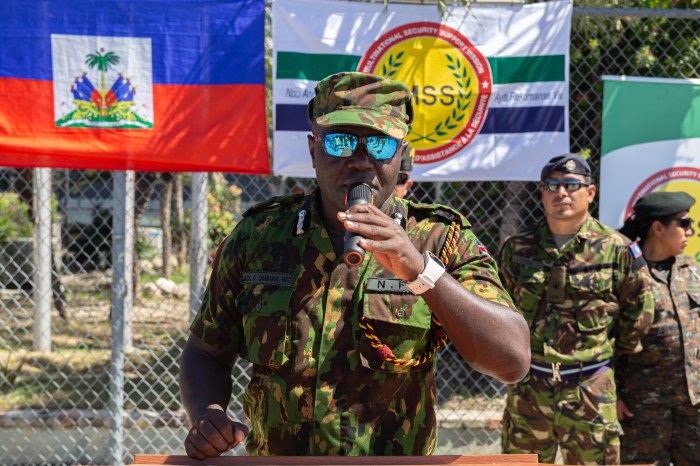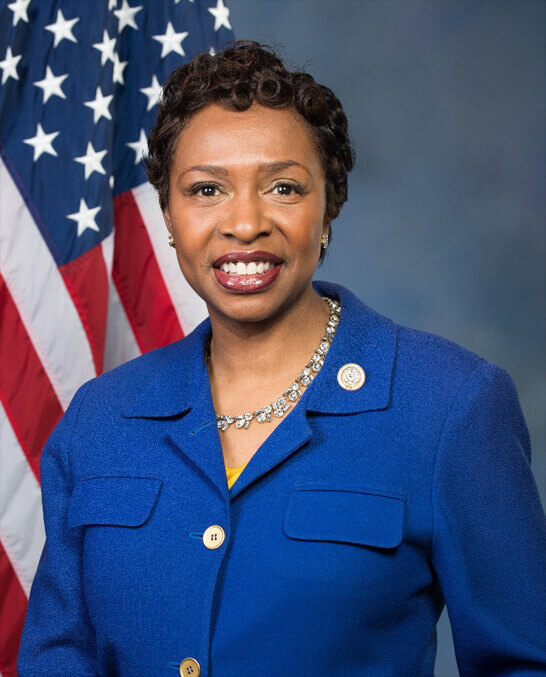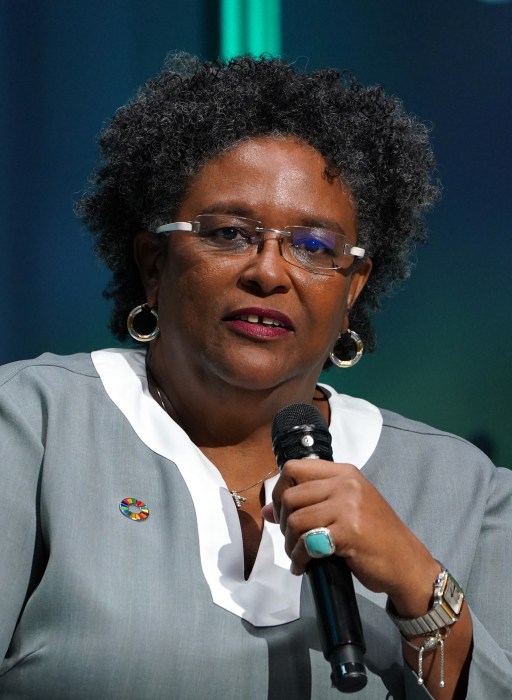CARICOM-brokered talks aimed at arriving at some form of healing and peace in strife-torn Haiti ended in Jamaica late Wednesday with agreement on some key proposals for the way forward and plans to continue talking at home in Haiti.
The Guyana-based CARICOM secretariat said in a statement on Thursday that Prime Minister Ariel Henry has accepted that there is need for “greater inclusiveness in governance” on the island by way of the establishment of a government of national unity. The proposal is to increase the number of members of the High Transition Council to make it more broad-based. Plans to hold long delayed elections were also discussed at the three-day meeting brokered by the 15-nation single trading bloc through a recently appointed eminent persons group comprising former prime ministers Bruce Golding of Jamaica, Kenneth Anthony of St. Lucia and Perry Christie of The Bahamas.
The meeting agreed that follow up talks will be held with a larger cross section of local representatives shortly. About 50 people from political parties, civil society and other stakeholders had made it to Jamaica for the talks but all agreed that the meeting basically ended without any firm resolution but with agreement to continue the dialogue with CaARICOM as a broker. The three former leaders have also agreed to travel to Haiti to kick start that leg of the talks in the coming weeks.
Haiti has been without a parliament and President since hired gunmen invaded the private home of President Jovenel Moise, killing him in July of 2021. His death had helped to spark gangland violence in parts of the country that killed more than 500 people including more than 100 police officers.
Henry had attended the meeting but had stayed away from sessions on the first day but he did engage in face offs with many of the group which had traveled to Jamaica on the remaining two days. The meeting ended Wednesday.
CARICOMhas been severely pilloried for appearing to be unsure of what to do with its poorest and most populous member state in recent years but renewed efforts have followed in the wake of extensive discussions at the leaders meeting in The Bahamas in February. There they had the support of Canadian Prime Minister Justin Trudeau who had made financial pledges and had supplied military equipment to help local police beat back against marauding gangs in some parts of the country.
The CARICOM statement also noted that the “stakeholders addressed the core issues of the interim governance measures needed to restore confidence in the transition and to ensure that the government could deliver its commitments. These commitments include the critical issue of security and stability; the organization of credible general elections to choose a legitimate and representative government; constitutional reform; and the pursuance of fundamental reforms required to preclude a repeat of the current crisis.”


























